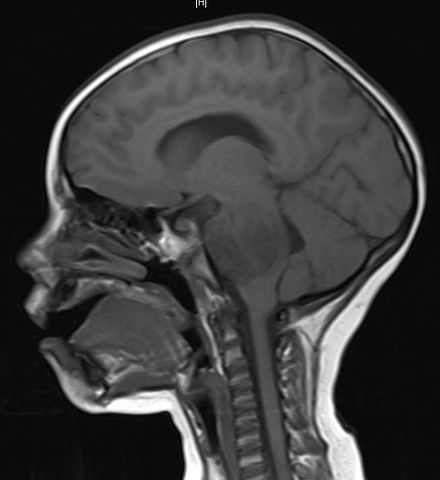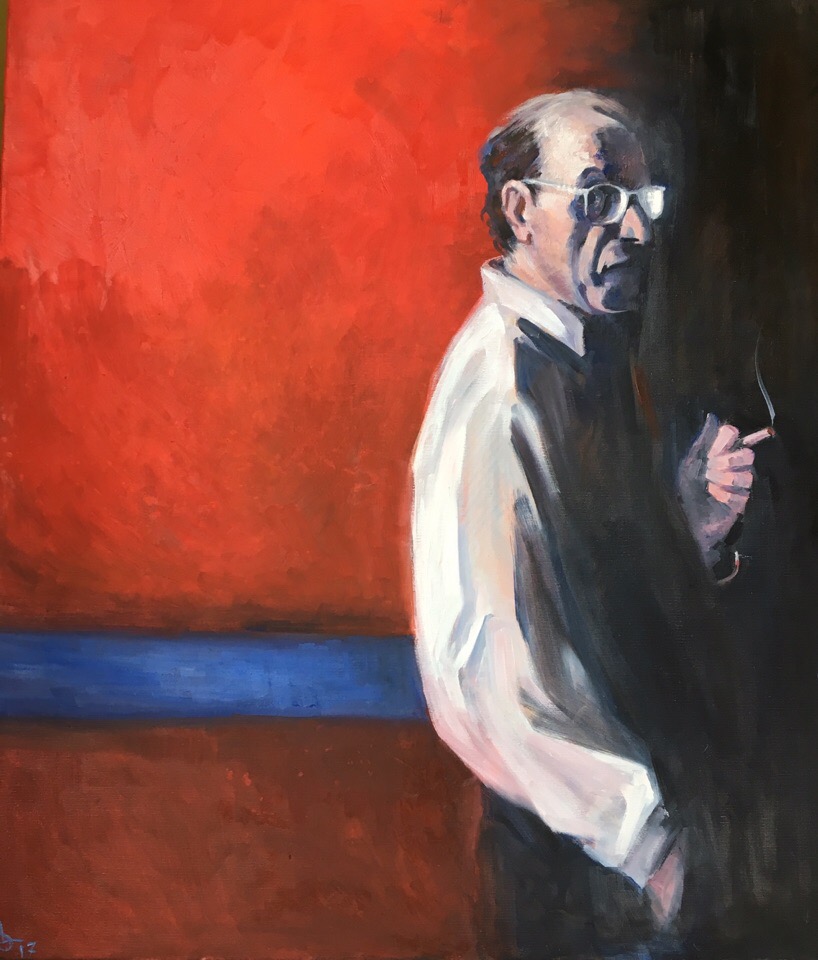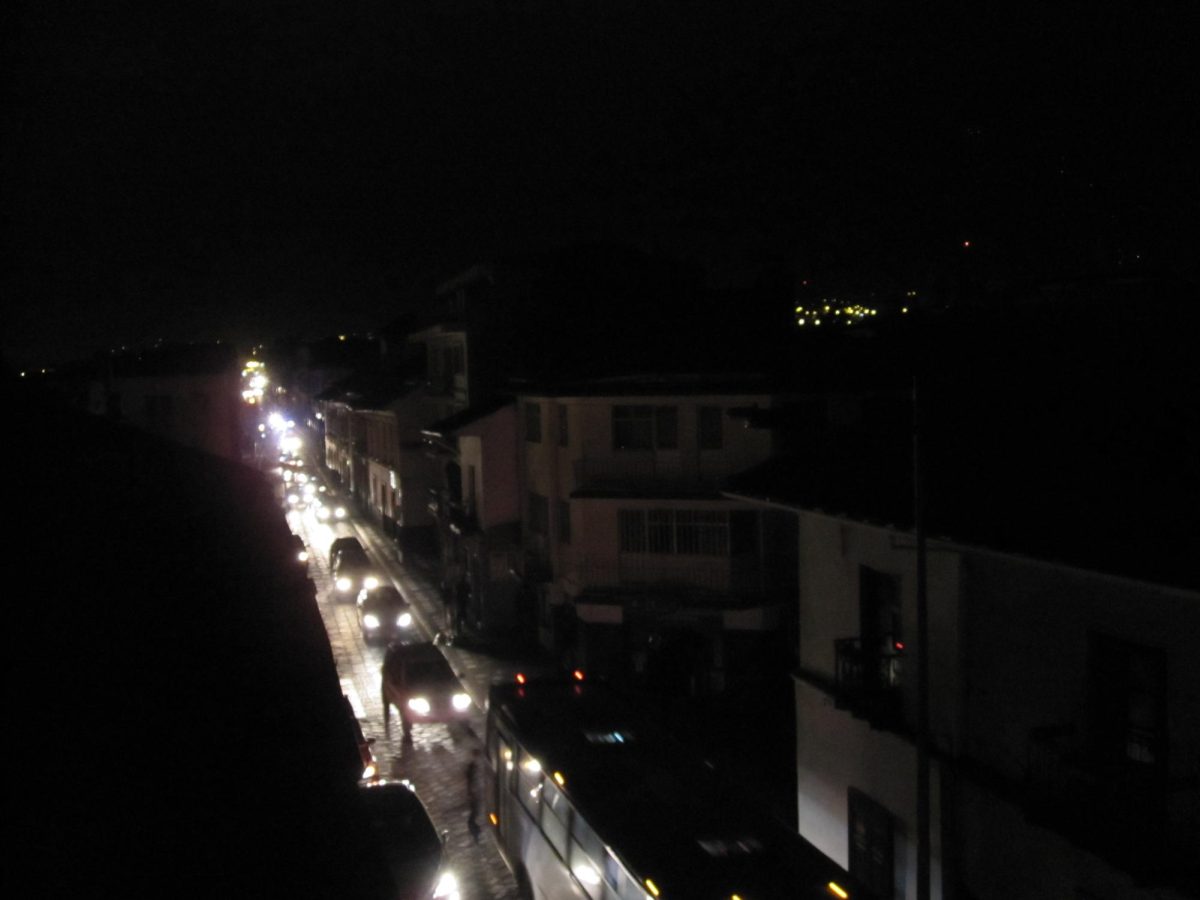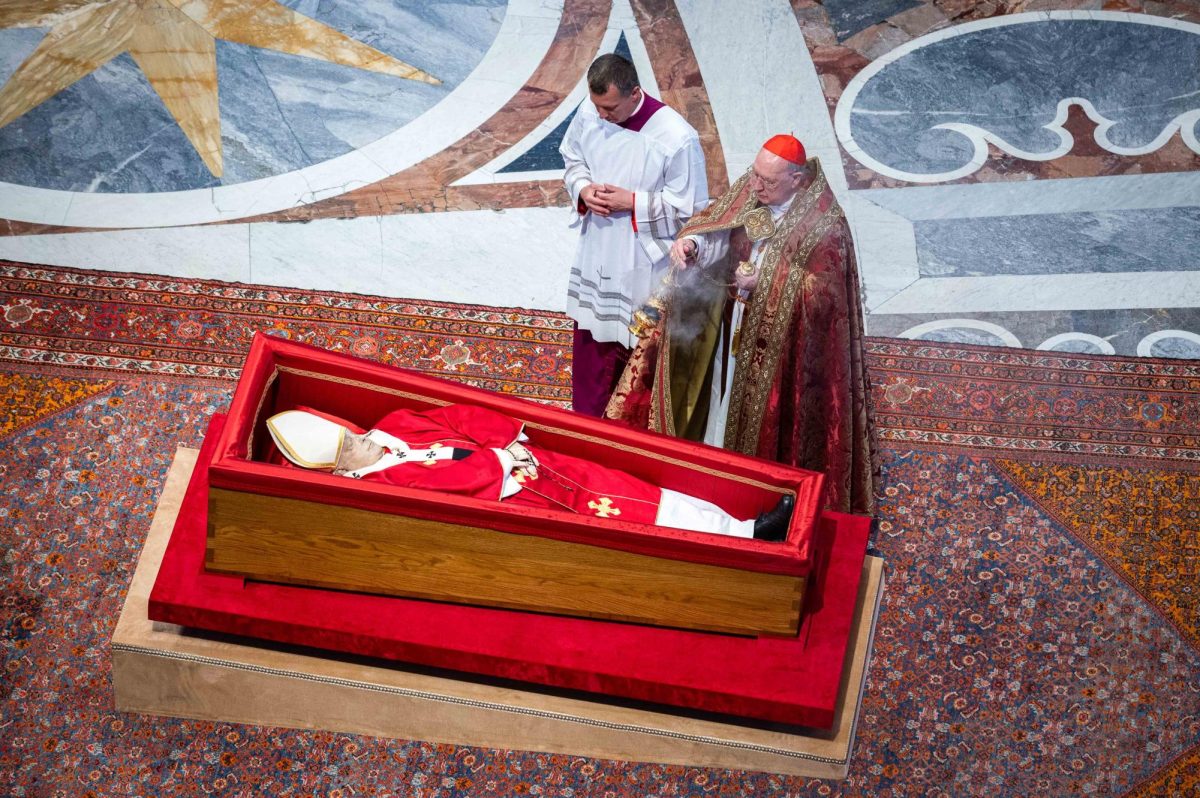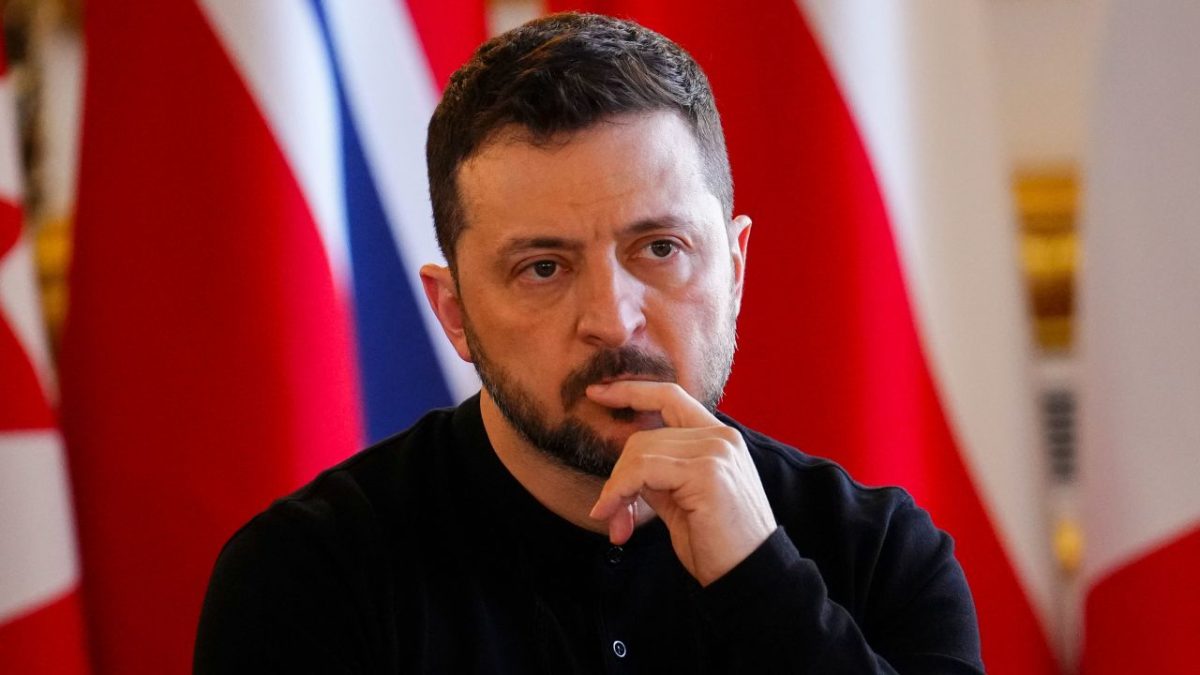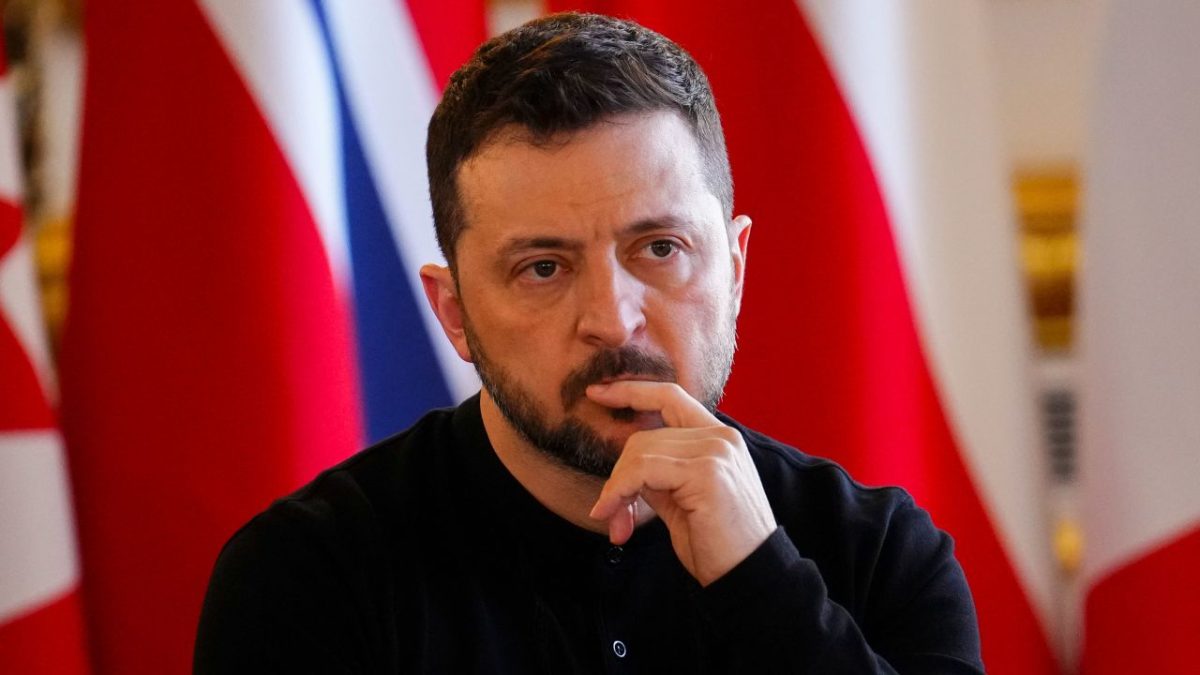A Belgian boy named Lucas was diagnosed with Brainstem Glioma, a tumor located in the part of the brain that connects to the spinal cord, at the age of six. Seven years later, Lucas is currently 13, but his tumor left and was cured; he became the first child to be cured of Brainstem Glioma.
Jacques Grill, a French doctor and head of the brain tumor program in Paris, stated, “Lucas beat all odds to survive.” The tumor had a full name, called Diffuse Intrinsic Pontine Glioma (DIPG), a brain tumor that is very difficult to treat and occurs in the brainstem. Many children in the United States (U.S.), around 300 children, and 100 children in France, are diagnosed with DIPG every year.
Lucas and his family were traveling from Belgium to France for Lucas to be one of the patients to join in on the BIOMEDE trial, which will test potential new drugs for DIPG. At the beginning of the trial, Lucas was randomly assigned a cancer drug called everolimus, and he responded to the cancer drug strongly. Grill stated to AFP, “Over a series of MRI scans, I watched as the tumor completely disappeared.” Grill didn’t stop the treatment until a year and a half later, when Lucas revealed he wasn’t taking the drugs any longer. Grill said, “I don’t know of any other case like him in the world.”
In the trial, seven other children survived years after being diagnosed, but Lucas was the only one whose tumor was completely gone. Grill also stated, “The reason these children responded to the drugs while others did not was likely due to the “biological particularities” of their individual tumors. Lucas’s tumor had an extremely rare mutation which we believe made its cells far more sensitive to the drug.”
Some researchers were studying the genetic abnormalities of patients’ tumors and creating tumor “organoids,” masses of cells being produced in the lab. A researcher who supervised the lab work, named Marie-Anne Debily, stated, “Lucas’s case offers real hope.” Marie-Anne Debily told AFP, “We will try to reproduce in vitro the differences that we have identified in his cells.” The team wants to reproduce Lucas’ genetic differences into the organoids to see if the tumor can be killed off as successfully as it was for Lucas. If this works, Debily stated, “Next step will be to find a drug that has the same effect on tumor cells as these cellular changes.” A pediatric oncologist at Sydney Children’s Hospital in Australia named David Ziegler stated, “That the landscape for DIPG has dramatically changed over the last decade.” Ziegler said to AFP, “Breakthroughs in the lab, increased funding, and trials such as BIOMEDE make me convinced that we will soon find that we are able to cure some patients.”

